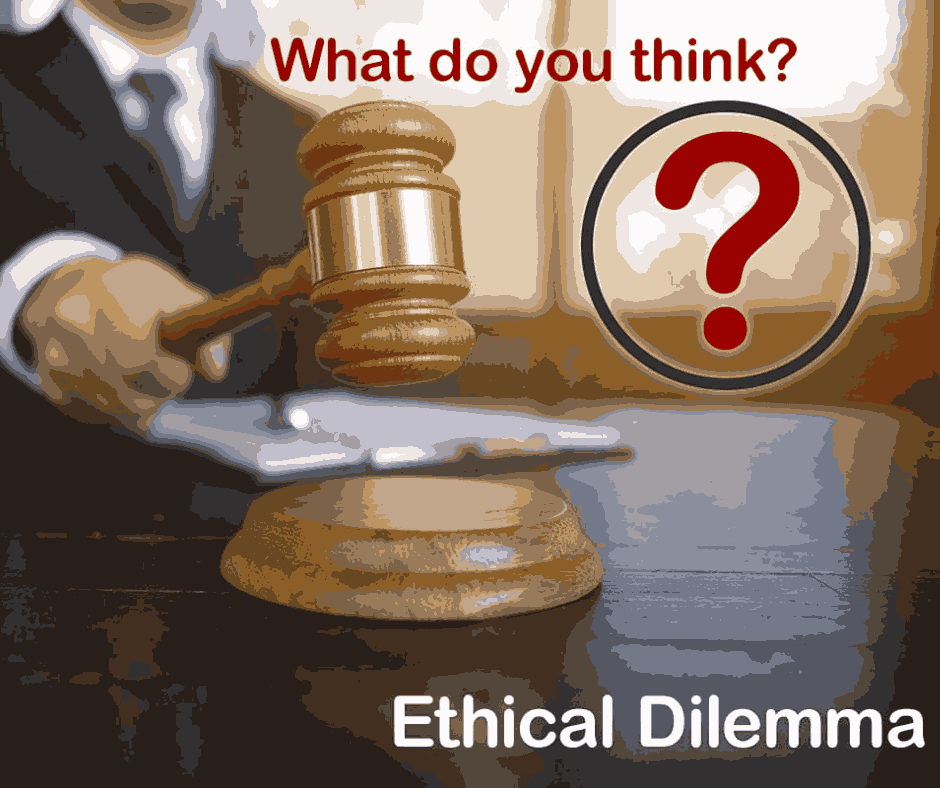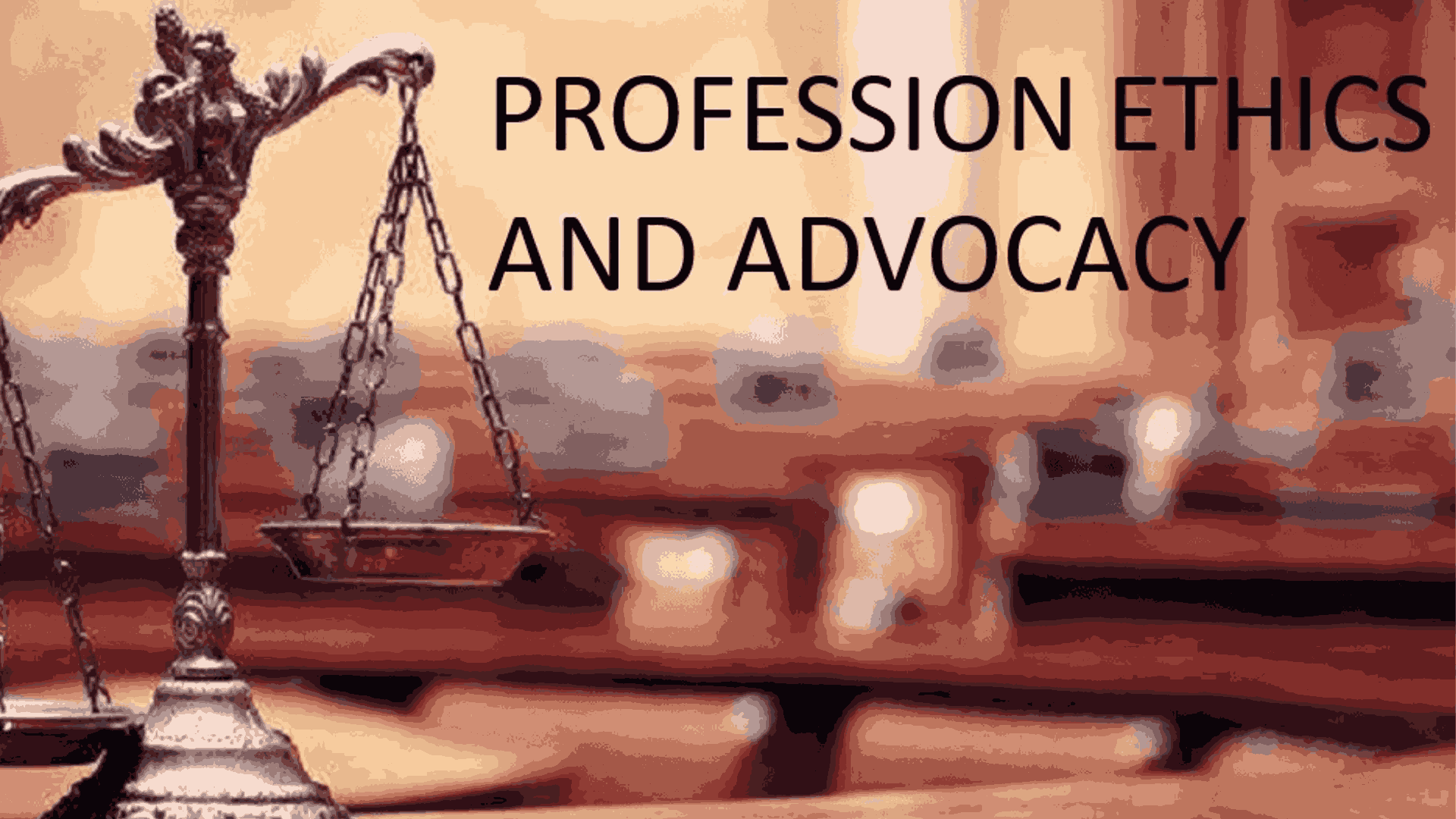Ethics is the mainstay of the legal profession and as such it plays a very important role in shaping the behavior and responsibilities of legal practitioners. For BA LLB students at SMS Law College, Varanasi, appreciating the importance of professional ethics in their Law Studies is crucial in preparation for moral dilemmas in which they will find themselves in real courtrooms.
We shall expound more on these when we discuss them as they apply to legal practice.
The Importance of Professional Ethics in Law Studies
Professional ethics are the guiding principles that govern the behaviour of lawyers and judges. These ethical standards ensure that legal practitioners:
- uphold the integrity of the legal profession,
- maintain public trust, and
- deliver justice fairly and impartially.
Ethics provide a future career framework for students engaged in Law Studies. It is important for their future involvement in legal practice as it helps them to understand the moral obligations associated with the representation of clients, dealings with courts, and decisions made concerning law.
At SMS Law College, law students start learning ethics at the beginning of their course to make them responsible advocates in the future. For instance, students get to know about the Advocate Act 1961 and Bar Council of India Rules which guide them on their responsibilities as advocates.
These duties include:
- maintaining client confidentiality,
- acting with dignity,
- avoiding conflicts of interest, and
- respecting the court.
Hence, our students are better equipped to navigate the complexities of law practice and the moral dilemmas that arise in courtrooms.
Moral Dilemmas in Courtrooms: A Reality of Legal Practice

One cannot help but face moral dilemmas in courtrooms in the course of practising law. In these dilemmas, a lawyer is confronted with two or more conflicting ethical choices that are not entirely ethical – while one might be the best choice for the circumstances at hand.
For instance, a criminal defense attorney may have knowledge that their client is guilty and yet they must still represent them zealously in court. Such a situation creates a conflict of interest where the lawyer has to juggle between his responsibility towards the client and his obligations as an officer of the court and other principles of justice.
Law students usually go through different hypothetical scenarios involving moral dilemmas in courtrooms. Such exercises are geared towards preparing future attorneys to make sound ethical choices when faced with similar situations in actual legal practice. The cases show students that though law often provides a framework for decision-making processes, there will always be grey areas which require moral judgments.
Some notable cases in Indian courtrooms that involved significant moral dilemmas have led to major changes in our laws, such as:
1. Naz Foundation v. Government of NCT of Delhi (2009)
Delhi High Court decriminalised homosexuality under Section 377 of the IPC to promote equality and non-discrimination. However, this judgment was subsequently overturned by the Supreme Court in 2013 due to societal norms and traditional values. Finally, it was decriminalised yet again in 2018 in Navtej Singh Johar v. Union of India.
The moral dilemma in courtrooms over this case revolved around balancing the rights of individuals to privacy and equality against deeply entrenched societal norms and religious beliefs, challenging the judiciary to uphold constitutional values while navigating public sentiments.
2. Aruna Shanbaug Case (2011)
The case of Aruna Shanbaug was ethically ambiguous in the question of euthanasia. Aruna Shanbaug was in a persistent vegetative state for 37 years and passive euthanasia was sought to be permitted to put an end to the lady’s misery.
The Supreme Court had before them the teleological question of whether to uphold the value of life to the disregard of death with dignity.
3. Nirbhaya Gang Rape Case (2012)
A brutal gang rape of a young woman in Delhi put the country on fire for change and raised the question of one’s right to receive capital punishment. The moral issue was related to the use of the death penalty on the accused given the nature of the offense that had been committed.
In the hour of trial, the trial court, High Court and the Supreme Court awarded the death penalty to the convicts and this was very much symptomatic of a society seeking justice and retribution much at the backdrop of barbarism.
4. Shreya Singhal v. Union of India (2015)
The moral dilemma in this case involved the right to freedom of speech and expression versus the need to prevent misuse of social media platforms. Section 66A of the Information Technology Act was challenged for being vague and overbroad, leading to arbitrary arrests for online speech.
The Supreme Court struck down the provision, emphasising the importance of protecting free speech, even in the face of potential misuse, thus resolving the moral conflict in favour of individual rights.
5. Triple Talaq Case (Shayara Bano v. Union of India, 2017)
This case involved the practice of instant triple talaq (talaq-e-biddat), where a Muslim man could divorce his wife by saying “talaq” three times. The moral dilemma here was between respecting religious practices and ensuring gender justice. The Supreme Court declared the practice unconstitutional, ruling in favour of the fundamental rights of Muslim women to equality and non-discrimination.
These cases illustrate how Indian courts have navigated complex moral dilemmas, balancing legal principles with ethical considerations to deliver justice.
The Role of Professional Ethics in Addressing Moral Dilemmas

Ethical standards play an important role in enabling lawyers to deal with moral dilemmas within courtrooms. They also help regulators make decisions conforming to the essential standards and norms of professional ethics for the sake of the legal profession and, at the same time, corresponding to the interests of their clients and the court. For instance, when there is a conflict of interest, the ethical code of conduct expects the lawyer to declare the conflict and if possible, remove himself/herself from the case to avoid bias.
The second limitation is that, in legal practice, ethical guidelines are in some grey zone. In challenging legal contexts, lawyers need to balance rights, virtues and duties. They often have to balance the duty of loyalty to a client against the public interest, or the right to advocate in the best interest of the client against the duty to be truthful to the court. In such circumstances, there are rules of professional conduct which enable the profession to balance such interests and therefore, arrive at a decision which is most appropriate in the context of the profession’s overarching values.
Law Studies offer individuals the requisite knowledge and skills that will enable them to consider ethics in practice. The case, discussion and role-play approach of teaching makes the students understand how to approach moral dilemmas with a clear understanding of their ethical responsibilities in a courtroom. These trainings are very vital for the preparation of the students for the ethical issues they are most likely bound to encounter in the real world.
Some notable case studies from Indian courtrooms that demonstrate how professional ethics can help in addressing moral dilemmas are:
- Tejpal v. State of Goa (2014)
When the journalist Tarun Tejpal was accused of sexual assault, his defense attorneys had to balance aggressive cross-examination while maintaining maintain respect for the complainant’s dignity and privacy. Guided by professional ethics, the defense navigated the fine line between zealously defending its client and avoiding any tactics that could be seen as victim-shaming or unduly intrusive.
- Prashant Bhushan Contempt Case (2020)
Prashant Bhushan is a senior advocate who was part of Team Anna in the India Against Corruption movement. He was held in contempt of court for his tweets criticising the judiciary. The dilemma was determining the extent of freedom of expression for lawyers and their duty to uphold the dignity of the judiciary.
Bhushan’s legal team defended his right to free speech while respecting the court’s authority. They argued on how it is the duty of a lawyer to speak truthfully and accepted that it is their ethical responsibility not to bring the judiciary into disrepute.
- Advocate Vijay Mallya Extradition Case (2017-2020)
In the legal battle over the extradition of businessman Vijay Mallya from the UK to India, his legal team had to navigate the ethical challenge of balancing client secrecy with the moral dilemma of working for the public interest – especially given the high stakes and public scrutiny involved.
- Ayodhya Land Dispute Case (2010-2019)
The Ayodhya land dispute case involved sensitive religious issues. Hence, lawyers faced the challenge of arguing their case without inflaming communal tensions. They had to be very careful that their submissions and strategies did not escalate religious sensitivities.
Conclusion: Upholding Professional Ethics in Legal Practice
We include professional ethics in Law Studies so that our law graduates know how to conduct themselves when they start legal practice. When faced with moral dilemmas in courtrooms, you should know how to uphold the principles of justice and maintain the public faith in legal institutions. In the long run, honesty and integrity will become important contributors to your success.





